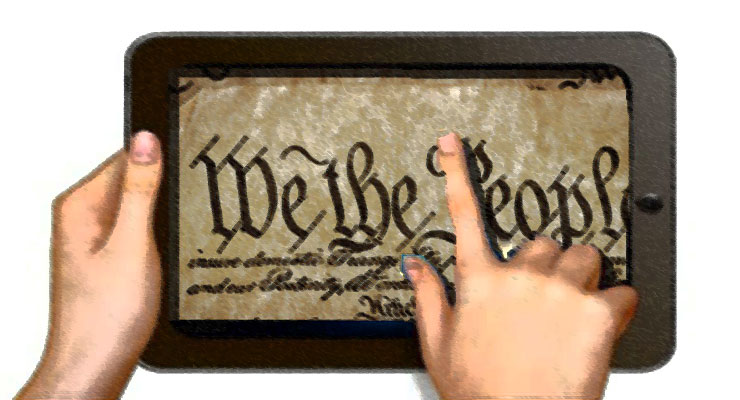
An article by Kevin Brockway from Gainesville Sun shines a spotlight on a University of Florida professor Juan Gilbert who develops technology to make voting machines more accessible for the disabled. His open source software is used in multiple localities already. From the article:
Gilbert said Prime III has managed to make some inroads in a pair of states. New Hampshire, a state that doesn’t require federal certification for voting machines, used it in 2016. Two counties in Ohio used the technology last November for absentee ballots, which don’t require federal certification.
Some of the election technology is pretty interesting as Juan Gilbert detailed in the article:
Before coming to UF in 2014, Gilbert first developed Prime III at Auburn in 2003 as a secure, electronic system accessible for voters with physical disabilities. Gilbert modified it in 2011 to run through Google Chrome. By implementing the technology through a browser, Gilbert was able to add speech support, voice recognition, and text and speech in multiple languages. With the use of a headset or microphone, voters can cast their ballots by voice, touch or both.
Even though the tech may be impressive, readers might be sceptical. Using voting machines in any way is questionable and troubling in regard to security and at least has an impact in voter confidence in election outcomes. Paper ballots are just more secure by nature and all computers have vulnerabilities. See the full article here.
Leave a Reply